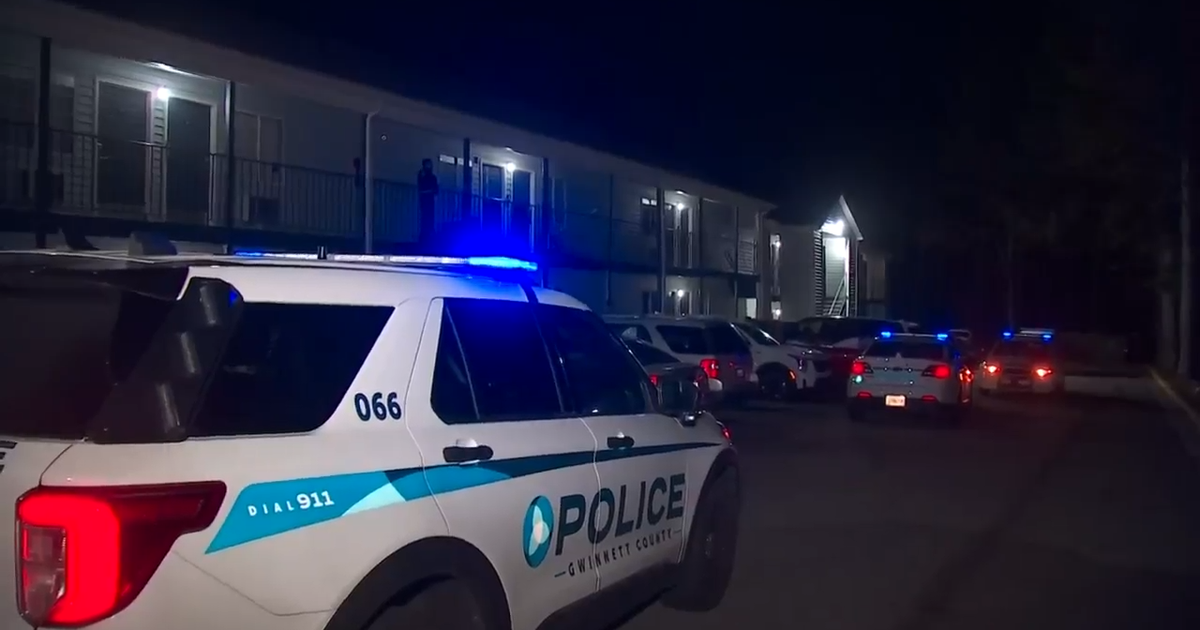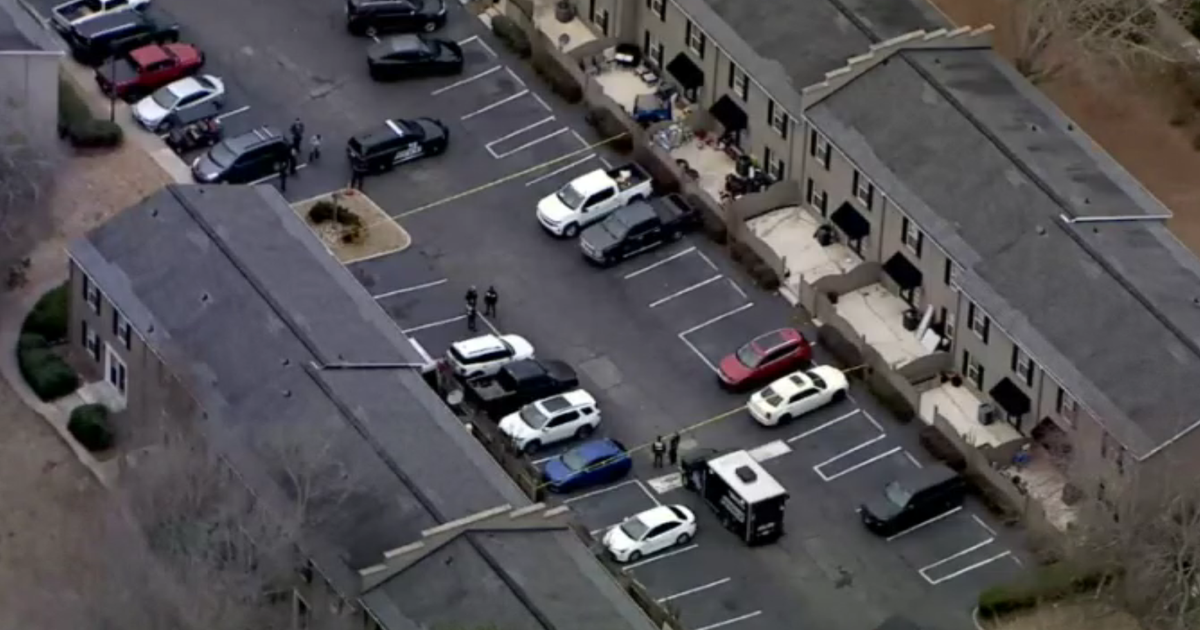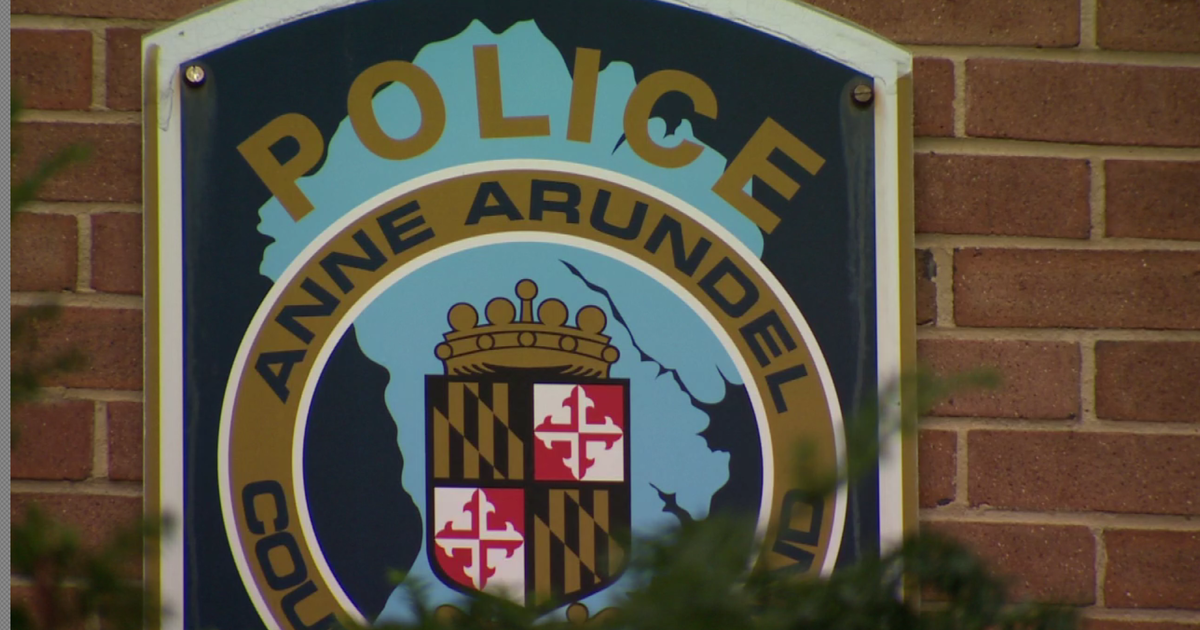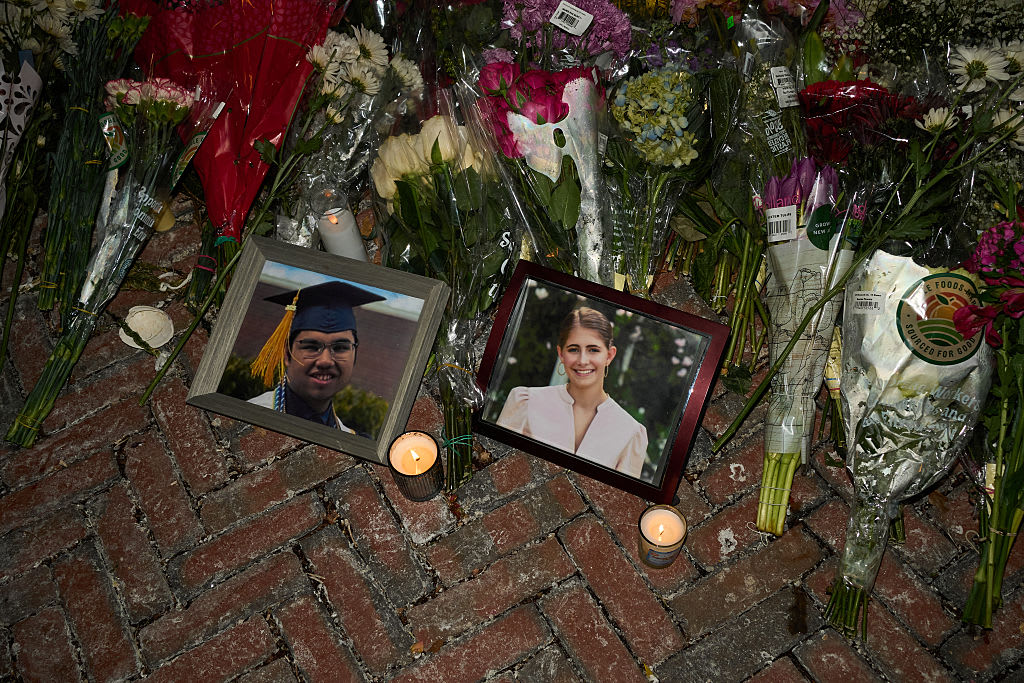"I don't think I was doing it incorrectly to begin with": Phoenix officer questions racial bias training
A CBS News investigation is taking a closer look at the changes to law enforcement since the shooting death of Michael Brown in Ferguson, Missouri, five years ago. Brown, an unarmed black teenager, was killed by a white officer on August 9, 2014, leading to months of protests.
CBS News reached out to more than 150 police departments nationwide and 69% of those that responded said they now have training to confront racial bias. But is it working?
One white officer from the Phoenix Police Department agreed to speak to CBS News, with his identity hidden.
"I don't know that it opened my eyes too much," the officer said.
When asked if it will change how he does his job, the officer said "no."
"I don't think I was doing it incorrectly to begin with," he said.
He also voiced concern that officers will second-guess their actions, knowing that what they do is "going to be judged."
"It sounds like that could be dangerous," CBS News correspondent Jeff Pegues said.
"Deadly," the officer responded.
With their identities concealed, two white Mesa, Arizona, officers also spoke to CBS News about their department's implicit bias training, an effort to confront historical prejudices in their department's ranks.
"The training itself, the content, was the absolute worst training I've ever had," one of the officers said.
"All right, so what do you think the agenda is?" asked Pegues.
"Reinforcing that the police are racist, but specifically the white male police are racist," the officer responded.
But St. Louis Metro Police Sgt. Heather Taylor, president of a local black union with nearly 19 years on the force, said the problem is obvious.
"Do you think that there are white supremacists on the police force?" asked Pegues.
"Yes" said Taylor.
"You didn't even pause," Pegues said.
"Have you seen some of the Facebook posts of some of our suspended officers right now?" Taylor responded, referring to a recent report by the Plain View Project. It found more than 400 racist posts on social media linked to current and former St. Louis Metro officers.
Five years after the Ferguson protests, the debate over implicit bias training continues.
"Has it worked?" Pegues asked Taylor.
"I think that's pretty obvious that it hasn't," she said.
Based on the CBS News investigation, it's difficult to conclusively say whether implicit bias training is effective. About 59% of departments who responded to follow-up questions said they don't have a way to measure if the training is working at all.
For more on this investigation, watch "CBS This Morning," Thursday, Aug. 8 at 7 a.m. ET/PT.



